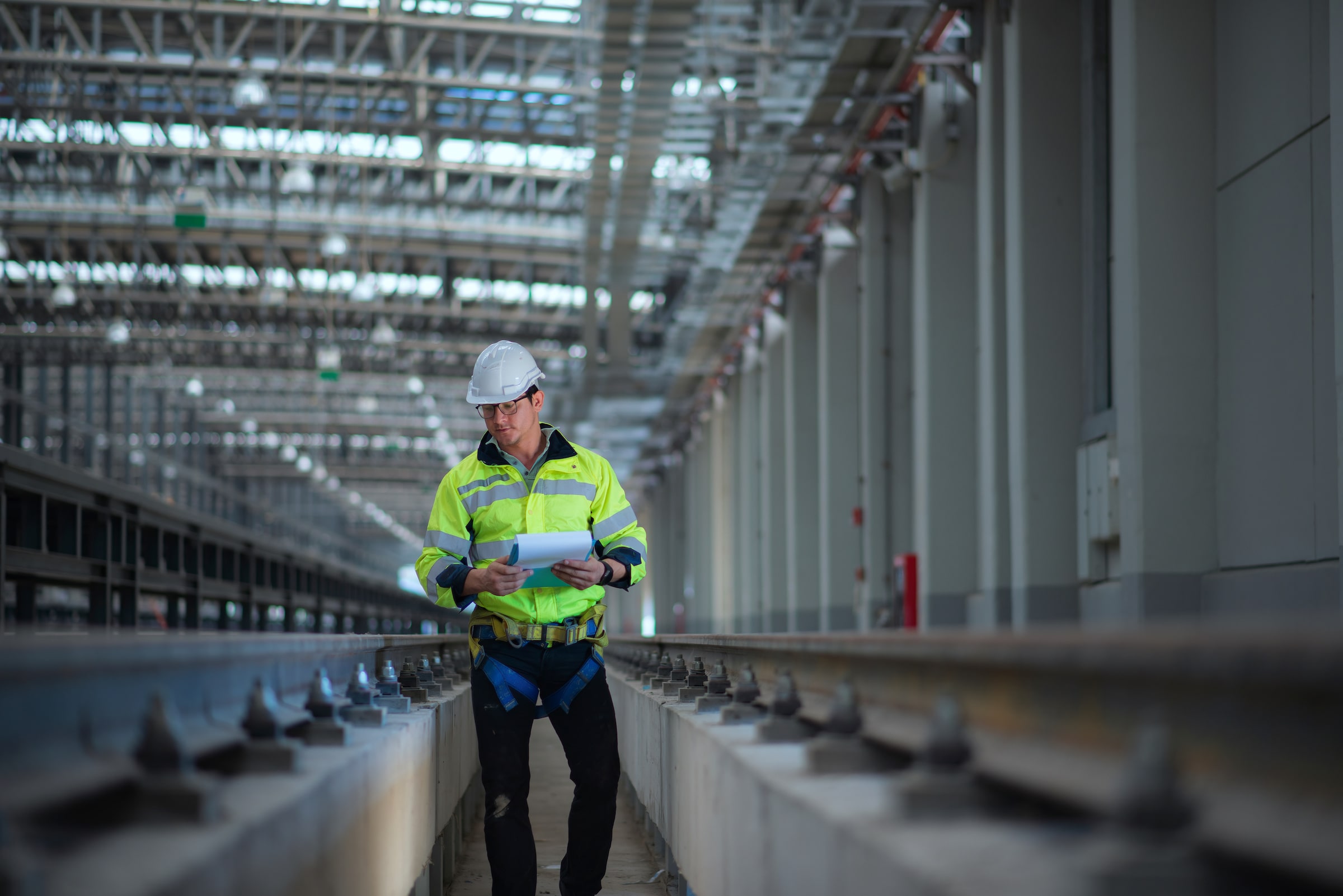The worlds railway engineering constructions creating economic growth and connecting people faster.
Having spent some time myself working on several multi-million-pound project for Network Rail, I came to a better understanding and appreciation of the complex nature of mega-projects.
From a risk management perspective, it is complex. With complex schedule analysis of multiple projects running alongside each other that needs to be delivered, such as ground work, electrics, fabrication and so on; regular cost analysis to the health & safety implications of engineers and other workers who have to brave weather conditions to keep the project moving. I think it is fair to say that embarking on projects like these, requires financial and psychological fortitude. There is also the potential impact on existing railway infrastructure which often causes disruptions leading to penalties by the Office of Rail and Road (formerly Office of Rail Regulation) here in the UK. Other jurisdictions may have a similar service level requirements.
The HS2 Railway Project
Many argue that the HS2 railway project will provide significant opportunities for economic growth and job creation, as well as easing congestion on existing transport networks.
One of the biggest risk factors associated with HS2 is its cost. The current estimate for the project stands at around £56 billion, and there are fears that this could rise even further.
HS2 also faces significant opposition from environmental groups, who are concerned about the impact the railway will have on sensitive habitats and wildlife.
There are also risks associated with the technology such as signalling, electrification, communication systems, that will be used to build HS2. The high-speed railway will utilise cutting-edge engineering, and there is always a possibility that something could go wrong during construction as we have seen so far.
The success of HS2 could transform the way we travel in the UK and create numerous opportunities for economic growth across the country.
The GCC Railway Project
The GCC Railway Project is one of a kind. This humongous $250 billion Qatar-Saudi Arabia GCC railway network project would be one of the world’s largest ambitious railway project shared by 6 countries in the region, Saudi Arabia, United Arab Emirates, Kuwait, Qatar, Oman and Bahrain.
On its own, Qatar, by the end of 2022 will have the world’s largest high-speed railway network. The country is currently in the process of constructing a vast network of railways that will span the length and breadth of the country, transporting passengers and freight between Qatar’s major cities. It is also hoped that the railway will boost tourism in Qatar by making it easier for people to travel around the country.
Japan is home to some of the world’s most advanced railway technology. The country’s Shinkansen bullet train network is renowned for its punctuality and efficiency, and it has inspired similar projects in other countries.
Despite the risks, the Shinkansen network is widely considered to be a huge success delivering great rewards for Japan cutting travel time, tourism boost and economic boosts as it exports it expertise to other countries.
Whether it is here in the United Kingdom, Saudi Arabia, Japan or developing countries like Nigeria now taking advantage of the many opportunities of mega-railway projects because of the economic benefits they bring.
Some Rewards of Mega-Railway Projects
- Reduced journey times: HS2 will cut journey times between London and Birmingham by around 30 minutes. This will free up time for passengers to do other things, such as work or relax. The success of the aforementioned Qatar-Saudi GCC Railway project involving the UAE, Oman, Kuwait and Bahrain with connect these 6 nations, creating many opportunities for the citizens leading to faster economic growth of the region. Maybe it is time to let some of those fast cars in the UAE rest and jump on the train 🙂 I digress.
- Increased capacity: HS2 will provide much-needed extra capacity on our railways. The new line will be able to carry up to 18 trains per hour in each direction – that’s twice the current number of trains.
- Improved safety: HS2 will improve safety by providing a dedicated high-speed railway line. This will help to avoid collisions with slower-moving trains and reduce the risk of derailments.
- ESG Friendly: HS2 and the GCC Railway will have a lower environmental impact than other forms of transport, such as cars and planes. The new railways will use less energy and generate less pollution.
- Economic benefits: HS2 and the GCC Railway will bring economic benefits to the regions it serves, creating jobs, boosting business growth and connecting more people with opportunities.
We can support your railway project offering risk management support from the range of services we provide. Please contact me directly or any of the team using the contact options to set up a meeting to discuss your needs.
Thank you for taking the time to read this article.
Please check out our other articles for vital resources.

